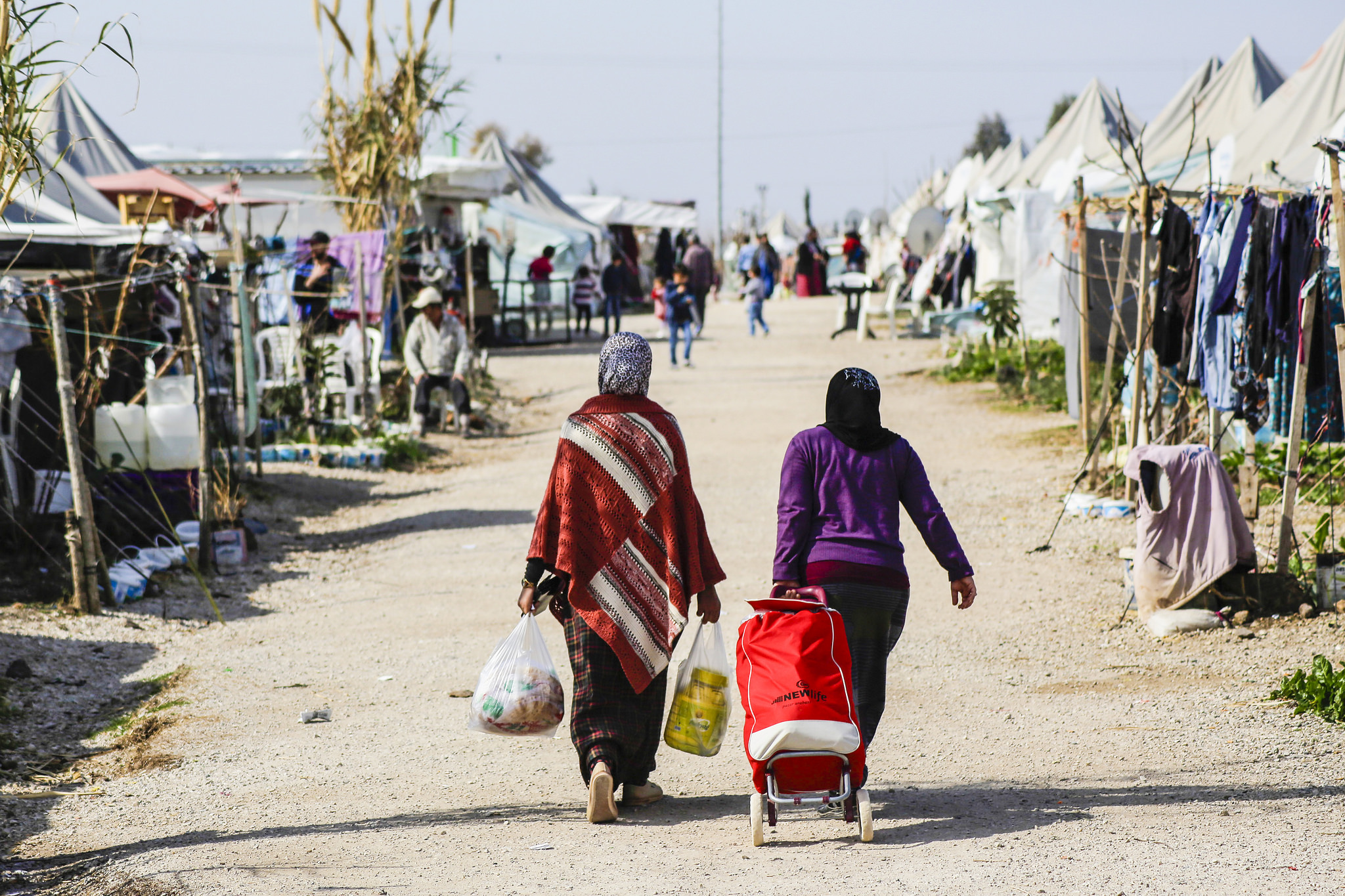The United Nations High Commission for Refugees (UNHCR) has released its annual report that surveys the forced displacement of people around the world. At the end of 2016, there were more than 65 million people forced from their homes by persecution, conflict, violence or human rights violations. That’s an increase of 300,000 since 2015 and the highest number since the end of the Second World War. It’s equivalent to the entire population of the U.K.
Of those 65 million displaced, only about one-third, or 22.5 million, have been officially registered by the UNHCR as refugees living outside of their own countries. A far larger number are internally displaced within countries such as Syria, Colombia, Iraq, Afghanistan and South Sudan, where civil war has erupted once more.
No one believes that the solution is to resettle everyone who has been forcibly displaced. After all, most Syrians, Iraqis, Afghans and Sudanese want to return to their homes and previous lives. But if that is to happen, wars, violence and human rights abuses must be diminished.
Veteran Canadian peace researcher Ernie Regehr says that the solution, which is admittedly difficult to achieve, rests upon what he calls the four Ds: development, democracy, disarmament, and diplomacy. “If you want to engage and to promote international peace and security,” Regehr says, “then you have got to engage in developing a means to respond to economic development, good governance and diplomatic capacity, and to control the arms with which wars are fought.”
Seeking hopeful signs, the UNHCR says that about seven million forcibly displaced people were able to return home in 2016. And about 190,000 refugees were admitted for resettlement in a variety of countries, including Canada. Laudably, this country accepted 47,000 refugees in 2016, which was second only to the United States at 97,000.
The Liberal government in Canada, elected in October 2015, promised to accept 25,000 Syrian refugees by the end of that year. They missed that target somewhat, as much of the resettlement occurred in 2016, when 33,000 Syrians were among the 47,000 refugees resettled. What’s more, the 2017 target has been scaled back to 25,000 — an inadequate response, indeed, while the UN endeavours to resettle at least 1.2 million people by the end of this year.
The campaign to accept Syrians in 2015 and beyond was driven by Canadians, themselves. There remains in this country a unique tradition in which faith and other non-governmental groups organize to privately sponsor and support refugees. In 2016, those particular sponsorships accounted for 38 per cent of all refugee resettlement; in 2017, they’ll be responsible for 64 per cent. Canada, ultimately, is a wealthy country with a tradition of welcoming the stranger, and citizens — both religious and secular — want to do more. The question is whether their governments will continue supporting them in that worthwhile endeavour.
This article appeared as a blog with the United Church Observer on June 15, 2017.
Image: Flickr/European Parliament
Like this article? rabble is reader-supported journalism.




